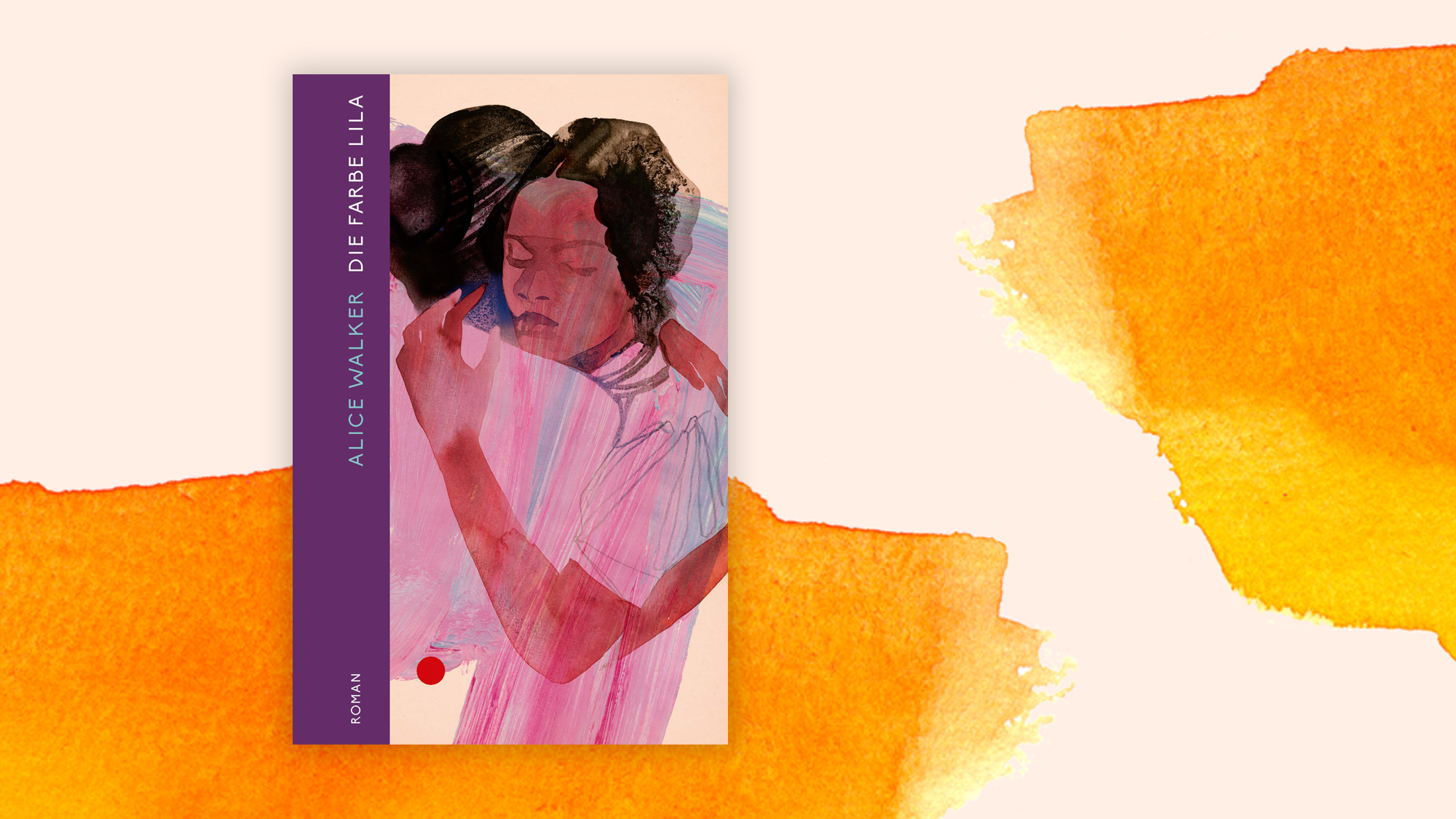Alice Walker tells her epistolary novel in simple spoken language. “The Color Purple” depicts the lives of African American women in Southern society during the first half of the 20th century. The book thus recapitulates a time when abuse and incest were part of the reality of life in the African American southern population. Women or girls had no idea of their rights in a man’s world.
–
Siblings write to each other
Sisters Celie and Nettie are the letter writers. The 14-year-old Celie “confesses” her life to “the dear God”, tells about the death of her mother. She describes her own pregnancies laconically with “I’m fat”. Celie doesn’t like herself, thinks she’s ugly and, with the naivety that doesn’t know the word guilt, tells of incest with her own father, who gives away their children and then forces her into a marriage with a widowed man, whom she only calls “Mr .” names. “Dear God,” writes Celie, “he acts like he can’t stand me.”
–
On a mission in Africa
Nettie, Celie’s younger sister, escapes the inhumane life. She makes her way to England. From there she will set off as a missionary to Africa and write in her letters about the simple life as a self-sufficient woman, about cultivating cassava and hunting and about the hum of the machines of white colonizers who mill their way through the country, rolling down the huts of the settlements and destroying the ancestral habitat . Nettie’s letters to Celie are written in a different, less naïve language.
–
Discrimination-sensitive translation
In the new translation of this important oral history novel, some things are sensitive to discrimination. Celie’s language is brought into a brisk, rappy rhythm that contributes a lot to the reading pleasure. The translator paraphrased or highlighted racist terms, as well as the words for “white” and “black”. Cornelia Holfelder-von der Tann cites the use of the Internet in her research as a great help in her work. When Helga Pfetsch translated the book into German for the first time in 1984, it was simply not yet available.
–
Worthwhile rediscovery
It is a great idea from the young Ecco Verlag to re-release this book. Alice Walker, who is 77 and now lives near San Francisco, fought as a civil rights activist against discrimination and is now active against Israel’s policies, which she sees as apartheid policies. She has published poetry, several novels and newspaper articles. Her most successful novel, The Color Purple, from 1982, belongs in a row with the African American “classics”: Toni Morrison, Zora Neale Hurston and Maya Angelou. A more than worthwhile rediscovery.
–
–


